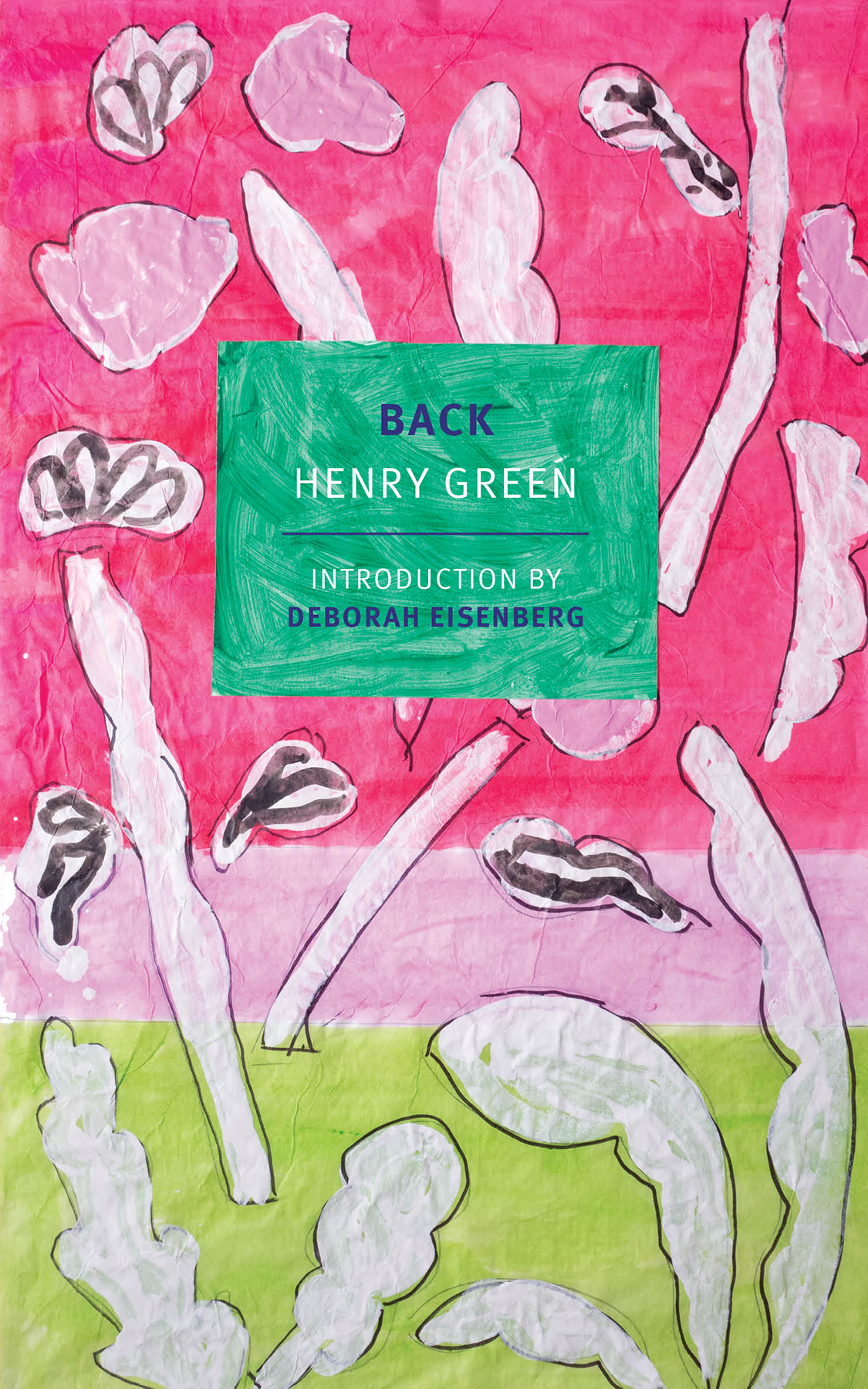
Back
کتاب های مرتبط
- اطلاعات
- نقد و بررسی
- دیدگاه کاربران
نقد و بررسی

Farcical mystery and a heavy dose of pragmatism enliven and ground British writer Green's 1946 off-kilter romance, reissued with an introduction by Deborah Eisenberg.Charley Summers has returned from the war to a changed London of bombed-out buildings and a snarl of organizations with names reduced to inscrutable initials, with too few clothes and a job that puts him "over a stile which is a mite too high for him." Having lost a leg in France and been held in a German prison camp for four years, he is now tormented by reminders of his lost love, Rose, dead of an illness the same week he was taken prisoner. Pursued to agitation by roses on the vine, in shop windows, the word in conversation, passing and direct, in all its meanings, in songs, in calls across the room to other women of the same name, he is led by Rose's father to her near-double and half sister, the war widow Nancy. A ludicrous case of mistaken identity ensues, through which Green extends the theme of doubles in form and content, with an embedded tale paralleling the larger story and a final scene with Rose's son, whom Charley believes may be his own and in whom he has hopefully sought some trace of himself. As the misunderstandings accrue, Charley's paranoia mounts; thinking he has found himself at the center of a cruel conspiracy, his anxieties--but not his troubles--are assuaged by love in the end. Green questions what it could mean to come "back" from a war that hasn't ended in reality or memory, to a life that cannot be normal, no matter what the affected demand to the contrary. Concerned as Green is with syntactic invention and underlying rhythm, he does not quite succeed in capturing here the tidal nature of grief, but he does brilliantly depict the blatant and the insidious traumas of war, and in more straightforward language than that for which he is often remembered. In this quick and engrossing novel, Green reveals that living and loving are more about embracing failures and making frequent recalibrations than striving toward unattainable ideals. COPYRIGHT(1) Kirkus Reviews, ALL RIGHTS RESERVED.

Starred review from August 15, 2016
Farcical mystery and a heavy dose of pragmatism enliven and ground British writer Green's 1946 off-kilter romance, reissued with an introduction by Deborah Eisenberg.Charley Summers has returned from the war to a changed London of bombed-out buildings and a snarl of organizations with names reduced to inscrutable initials, with too few clothes and a job that puts him "over a stile which is a mite too high for him." Having lost a leg in France and been held in a German prison camp for four years, he is now tormented by reminders of his lost love, Rose, dead of an illness the same week he was taken prisoner. Pursued to agitation by roses on the vine, in shop windows, the word in conversation, passing and direct, in all its meanings, in songs, in calls across the room to other women of the same name, he is led by Rose's father to her near-double and half sister, the war widow Nancy. A ludicrous case of mistaken identity ensues, through which Green extends the theme of doubles in form and content, with an embedded tale paralleling the larger story and a final scene with Rose's son, whom Charley believes may be his own and in whom he has hopefully sought some trace of himself. As the misunderstandings accrue, Charley's paranoia mounts; thinking he has found himself at the center of a cruel conspiracy, his anxietiesbut not his troublesare assuaged by love in the end. Green questions what it could mean to come "back" from a war that hasn't ended in reality or memory, to a life that cannot be normal, no matter what the affected demand to the contrary. Concerned as Green is with syntactic invention and underlying rhythm, he does not quite succeed in capturing here the tidal nature of grief, but he does brilliantly depict the blatant and the insidious traumas of war, and in more straightforward language than that for which he is often remembered. In this quick and engrossing novel, Green reveals that living and loving are more about embracing failures and making frequent recalibrations than striving toward unattainable ideals.
COPYRIGHT(2016) Kirkus Reviews, ALL RIGHTS RESERVED.

























دیدگاه کاربران